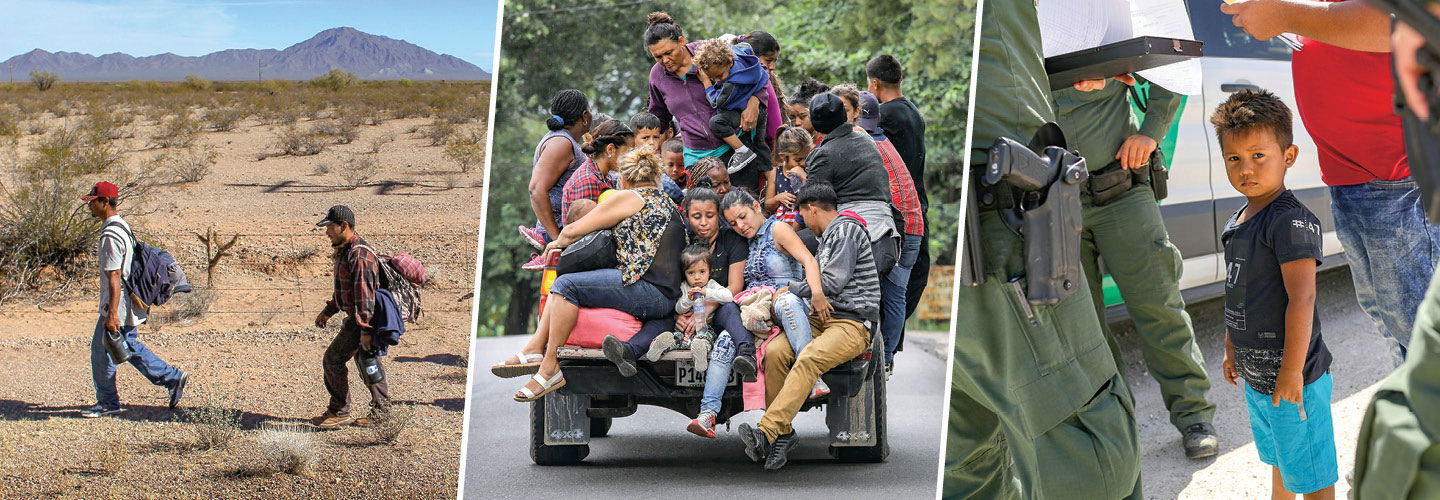Last spring, Mr. Juárez* packed a small bag, hugged his three children, and said goodbye to his family. Then he set out on the more than 1,200-mile trek from his home in the Central American country of Guatemala to the southwestern border of the United States. He was aware of the journey’s risks: from crossing brutally hot deserts filled with rattlesnakes to being kidnapped by criminals. After all, it was his sixth attempt to try to cross the border illegally to find work.
As Juárez saw it, he had no other choice. His business had failed and he was deep in debt. There seemed little chance of his finding work in Guatemala. So he and his wife had borrowed the equivalent of nearly $13,000 from a friend to pay a smuggler to get him to the U.S.
Last spring, Mr. Juárez* packed a small bag. He hugged his three children and said goodbye to his family. Then he set out on the more than 1,200-mile trip. He planned to travel from his home in the Central American country of Guatemala to the southwestern border of the United States. He was aware of the journey’s risks. They included crossing hot deserts filled with rattlesnakes to being kidnapped by criminals. It was his sixth attempt to try to cross the border illegally to find work.
Juárez believed he had no other choice. His business had failed. He was deep in debt. There was little chance of his finding work in Guatemala. So he and his wife borrowed nearly $13,000 from a friend. The money was to pay a smuggler to get him to the U.S.

